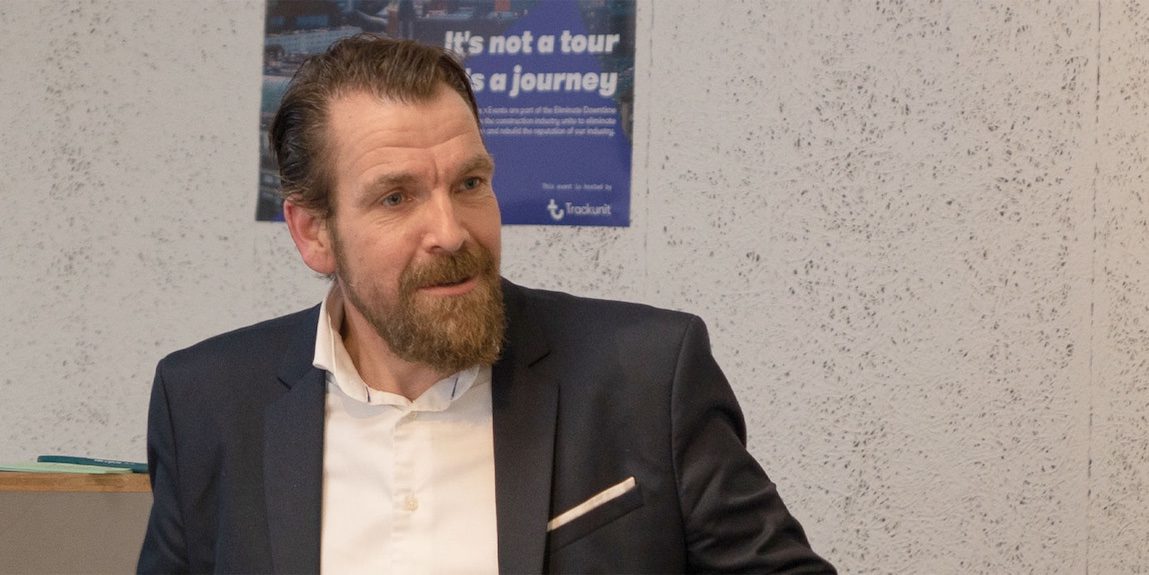

John Smeets’ responsibility at Boels Rental is to ‘Improve Uptime’ and ‘Reduce Downtime’ of the rental equipment. The role encompasses the systems and processes that effect Boels equipment and people in the field in order to keep equipment running.
Boels Rental is a European-wide business with around 450 locations. Its need for telematics is growing rapidly, and it has over 20,000 assets fitted with telematics and stocks over 400 brands and offers 4500 machine types. Operating across Europe equipment can be in Amsterdam one day and Berlin the next. To keep the machines operating it purchases around 100,000 parts per year and needs resilient processes.
There are about 250 working days (100% utilisation) within that time maintenance and emergencies must be scheduled (so 75% utilisation is achievable) before transportation. If repairs are required, they take 12-days, on average to complete.
During the process innovation project, the company reviewed each step and the standard response to it. For example; are Parts Books available and in what format, so create a library.
Parts Ordering was taking 1 hour per part. 100,000 parts per year = 100,000 lost hours!
After it reviewed the processes it implemented a new system in 2013.
Within digitization we reduced repair and maintenance downtime by 48%.
John Smeets
The company could also demonstrate a reduction in the order process time, from 1 hour to 13 minutes per order.
Digitalisation is not as easy as some think and telemetry is not the complete solution, but it is a part of the change in the industry. This requirement is not just to reduce downtime, it is a tool to change the business model that companies work from.
Boels offers 20,000 machines from different suppliers and analyses the data generated at from them. “We need to learn more from the data in order to plan better and react faster.” Stated John Smeets. The company believes that data will allow differentiated pricing. As systems evolve, customers using a machine for two hours will be charge differently to those using it for longer, or if the operator is using a demolition hammer compared to a bucket. Technology benefits need to be demonstrated to the stakeholder, so they support the change, and cost needs to spread across the value-chain. Although innovators need to make the investment now.
Rental companies are early adopters of data and collaboration, although it is still challenging to work with competitors. There is the need to talk more widely within the horizontal value-chain. Telemetry companies need to talk together, in this way there will be more open development. This early acceptance has helped the rental industry move forwards. However, he believes that without collaboration it will take another 30-years to make progress in the construction business.